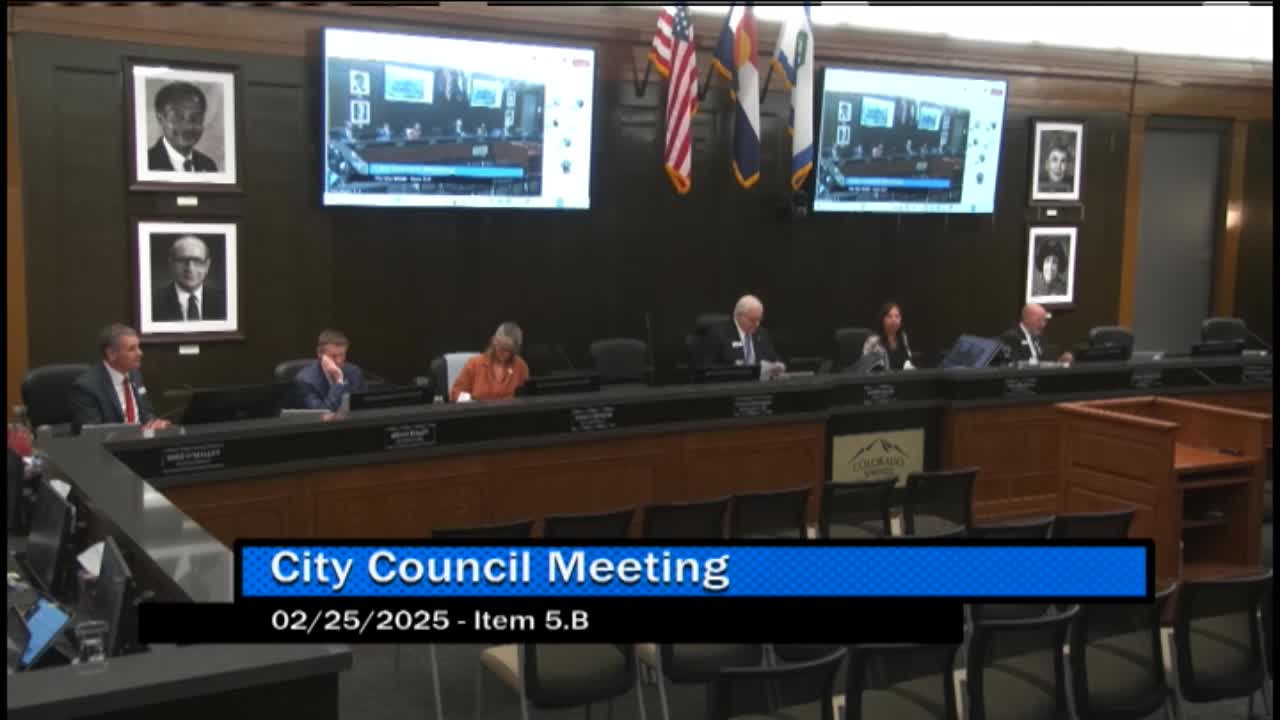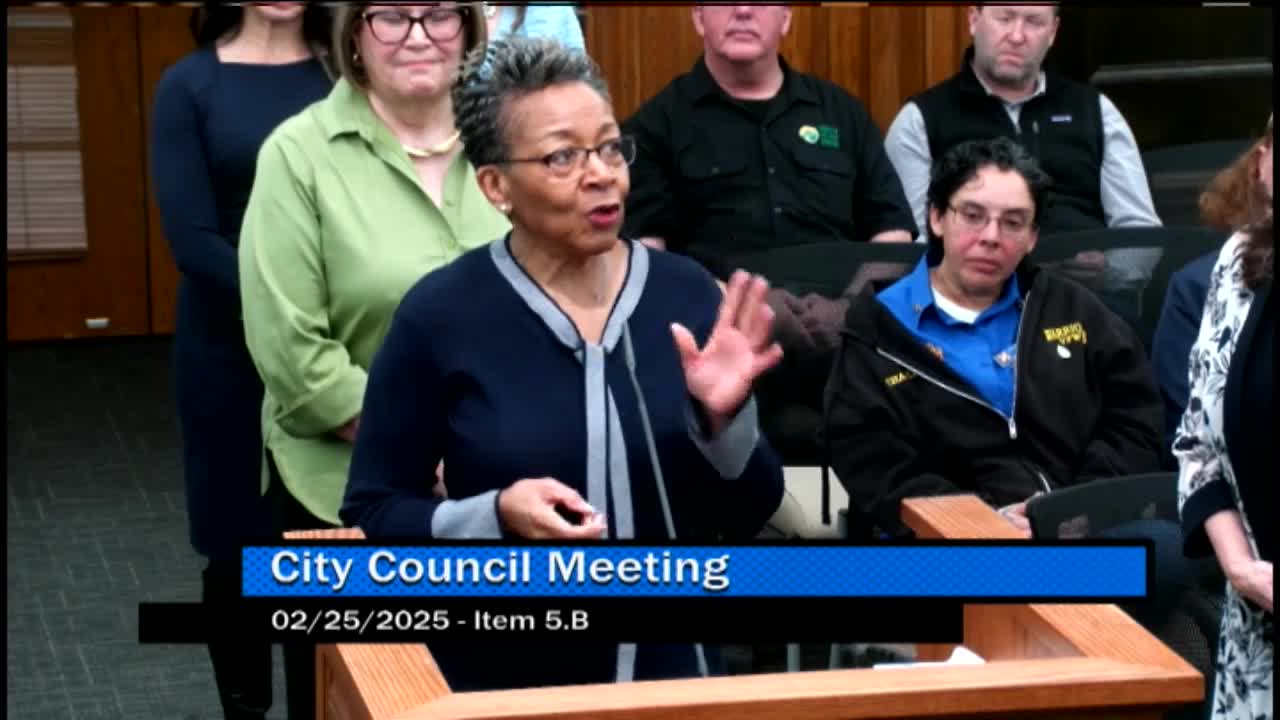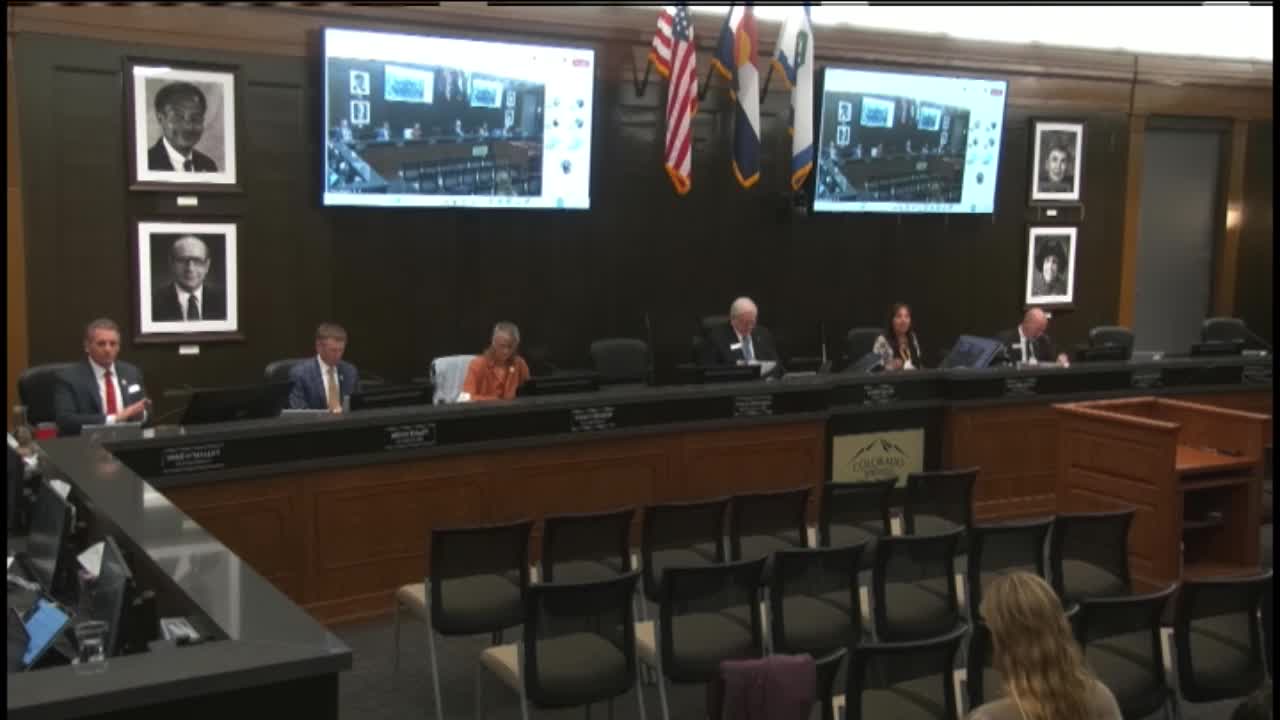Article not found
This article is no longer available. But don't worry—we've gathered other articles that discuss the same topic.

Votes at a glance: council approves bridge naming, Women’s History Month proclamation, retirement appreciation and first vote on city auditor

Residents urge council to review Pikes Peak Library District trustees after Rockrimmon closure

